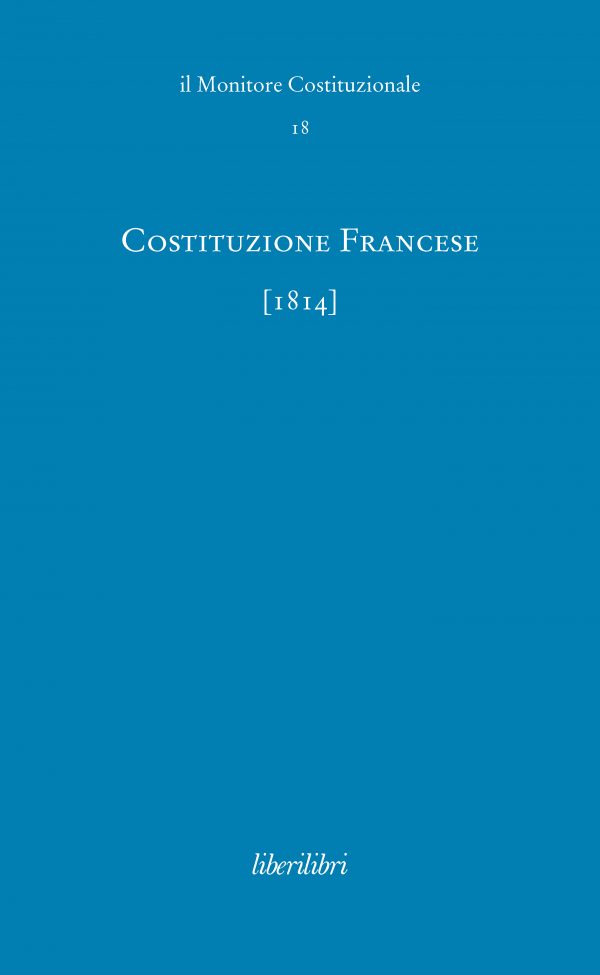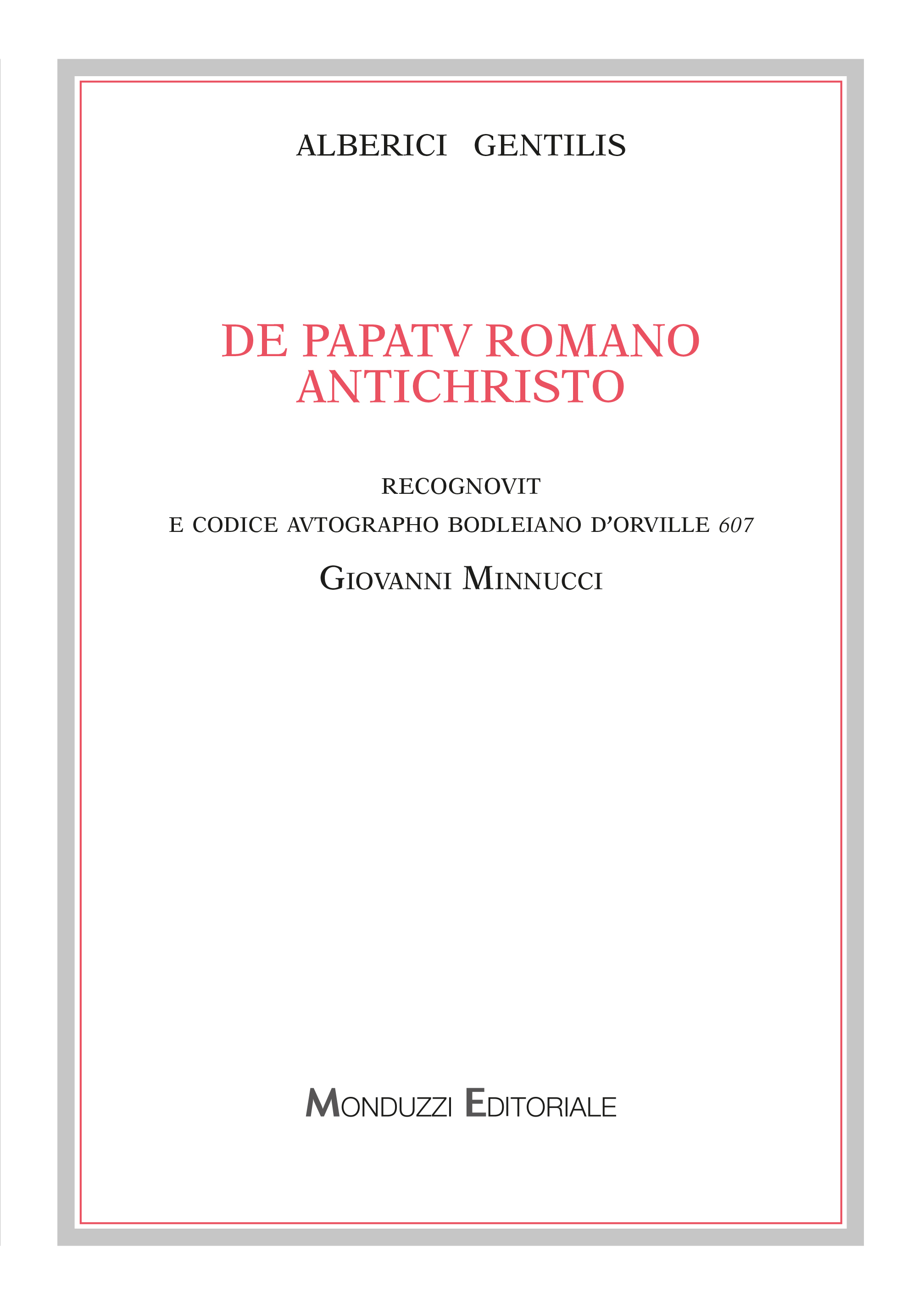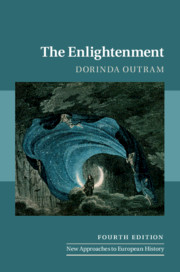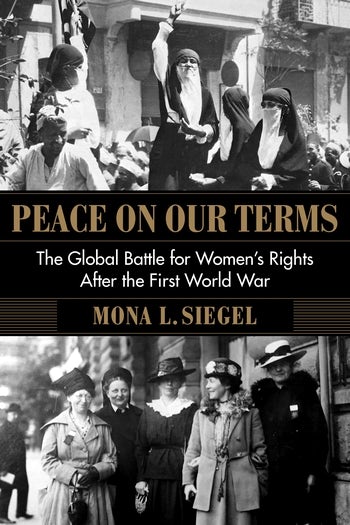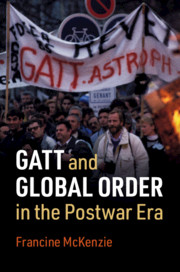
(Source: Brill)
ABOUT THE BOOK
Series: The Medieval Mediterranean, Volume: 122
This book investigates perceptions, modes, and techniques of Venetian rule in the early modern Eastern Mediterranean (1400–1700). Against the backdrop of the controversial notion of the Venetian realm as a colonial empire, essays from a range of specialists examine how Venice negotiated control over the territories, resources, and traditions of different empires (Byzantine, Roman, Mamluk, Ottoman) while developing its own claims of authority. Focusing in particular on questions of belonging and status in the Venetian overseas territories, the volume incorporates observations on the daily realities of Venetian rule: how did Venice negotiate claims of authority in light of former and ongoing imperial belongings? What was the status of colonial subjects and ships in the metropolis and in foreign territories? In what ways did Venice accept and continue old forms of imperial belonging? Did subordinate entities join in a shared communal identity? The volume opens new perspectives on Venetian rule at the crossroads of empire and early modern statehood: a polity negotiating and entangling empire.
Contributors are Housni Alkhateeb Shehada, Giacomo Corazzol, Nicholas Davidson, Renard Gluzman, Deborah Howard, David Jacoby (ZL), Marianna Kolyvà, Franz-Julius Morche, Reinhold C. Mueller, Monique O’Connell, Gerassimos D. Pagratis, Maria Pia Pedani (†), Dorit Raines, and E. Natalie Rothman.
ABOUT THE AUTHORS
Georg Christ, Ph.D. (2006), Universität Basel, Senior Lecturer in Medieval and Early Modern History at the University of Manchester. His research mainly focuses on the late medieval Eastern Mediterranean and Veneto-Mamluk trade and political relations.
Franz-Julius Morche, Dr. phil. (2013), Universität Heidelberg, is a postdoctoral research fellow at the Institute of Advanced Study and the Department of History, Durham University. He was previously a member of the ERC research team “Communication and Empire: Chinese Empires in Comparative Perspective” at King’s College London and Leiden University.
More information here

